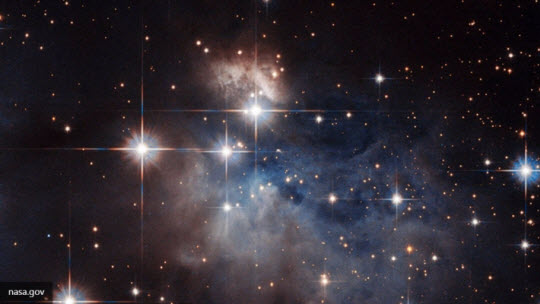SPUTNIKNEWS – January 3, 2017: A team of Russian scientists has come up with an explanation for the discrepancies between modern cosmological theory and data gathered by the Planck Telescope. According to the scientists, the differences reveal that the universe had more dark matter previously than it does now.
The Planck Telescope, a space observatory launched in 2009 and decommissioned in 2013, accurately measured fluctuations in the temperature of the cosmic microwave background, which scientists often refer to as the ‘echo’ of the Big Bang, the moment when the universe came into being.

However, after Planck’s measurements were inserted into physicists’ sophisticated calculations, unexpected results occurred, and that difference was too large to be considered within the margin of error. In particular, a theoretical figure known as the Hubble parameter, describing the rate of the expansion of the universe, and another parameter associated with the number of galaxies in clusters, both varied significantly with actual data obtained from observations. “We are either dealing with some kind of unknown error, or the composition of the ancient Universe is considerably different to the modern Universe,” said Igor Tkachev, head of the Department of Experimental Physics at Institute for Nuclear Research of the Russian Academy of Sciences (INR). Tkachev, alongside colleagues Dmitry Gorbunov and Anton Chudaykin from the Moscow Institute of Physics and Technology and Novosibirsk State University, detailed a hypothesis that the discrepancy happened because of a change in the amount of dark matter in the universe.
“We are not currently able to say how quickly this unstable part decayed,” said Tkachev. Link: Read Complete Article
END
























































